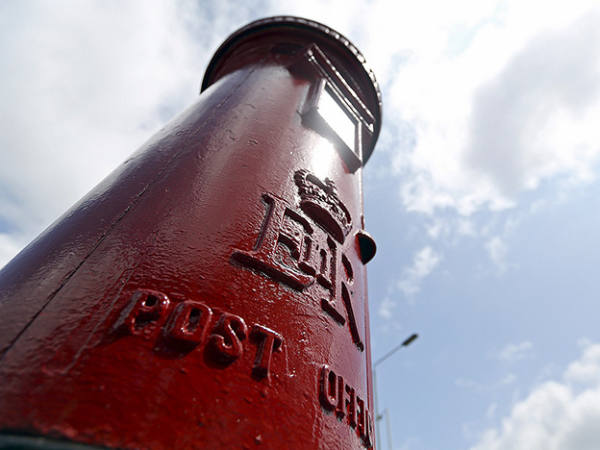A delegation from the US House Financial Services Committee met the Swiss Federal Data Protection and Information Commissioner to discuss digital currencies this week. The issue of the moment: Libra. The proposed cryptocurrency – the launch of which is being led by Facebook (US:FB) – was announced in June and is planned for launch in 2020. Facebook is not the only founder; it is joined in the Libra Association by 27 other companies, non-profit and academic organisations. The cryptocurrency’s blockchain will be built upon a network of validator nodes, each of which will be controlled by a different partner.
So far, there is only one UK-listed company in the Libra Association. Vodafone (VOD) joined the project because of its compelling mission to reach the ‘unbanked’ – the 1.7bn adults across the globe without access to traditional banking services. The telecommunications company already owns M-Pesa, a digital banking platform used in eight African countries and lauded as one of the most successful mobile financial services in the developing world. It sees Libra as the next step.
According to Vodafone, it is seeking to learn about cryptocurrencies and improve global financial inclusion, not specifically to make a return. The Libra Association identifies as a not-for-profit organisation, but there is a potential payback from interest on the Libra Reserve (a basket of assets upon which the currency will rest). Founding members such as Vodafone will receive ‘Libra Investment Tokens’ as a security.
US President Donald Trump lashed out on twitter at cryptocurrencies such as Bitcoin and Libra for being “highly volatile and based on thin air”. However, Libra is supposedly a stable coin. Unlike some temperamental cryptocurrencies, it will be pegged to real assets held in a variety of currencies. While the coin itself should be secure, Clifford Chance, senior associate, Diego Ballon Ossio, warns that “the size of Libra can create potential stability issues” for sovereign currencies in small jurisdictions. As its reserve is expected to be comprised primarily of government bonds, “huge amounts of liquidity” will be stored in different countries, he says. This has the potential to destabilise jurisdictions with fewer government bonds than places such as the UK.
With this cryptocurrency, there is more than money on the line. A joint statement from the data privacy watchdogs of the UK, Canada, Australia, and more flagged Facebook’s involvement, expressing concern that the project could result in the “combination of vast reserves of personal information with financial information”. According to Facebook, its creation of Calibra – a digital wallet that will run as a standalone app – is to “ensure separation” between these types of data. It told Investors Chronicle that “you do not have to link your Facebook, WhatsApp or Messenger accounts to use this product” nor will users require a social media account at all.
Submerged within the body of Libra’s White Paper are two sentences stating that the Association hopes to develop an “open identity standard”. Facebook seeks to enable people to “quickly and safely” prove who they are online with a “universally recognised form of digital identity”. In theory, this gives the user sovereign ownership and control of their identity. Yet this is the part of Libra upon which Facebook remains vague. While the blockchain and the reserve will be decentralised, there is little to say how the open identity standard will function and, more importantly, who will be in charge.







